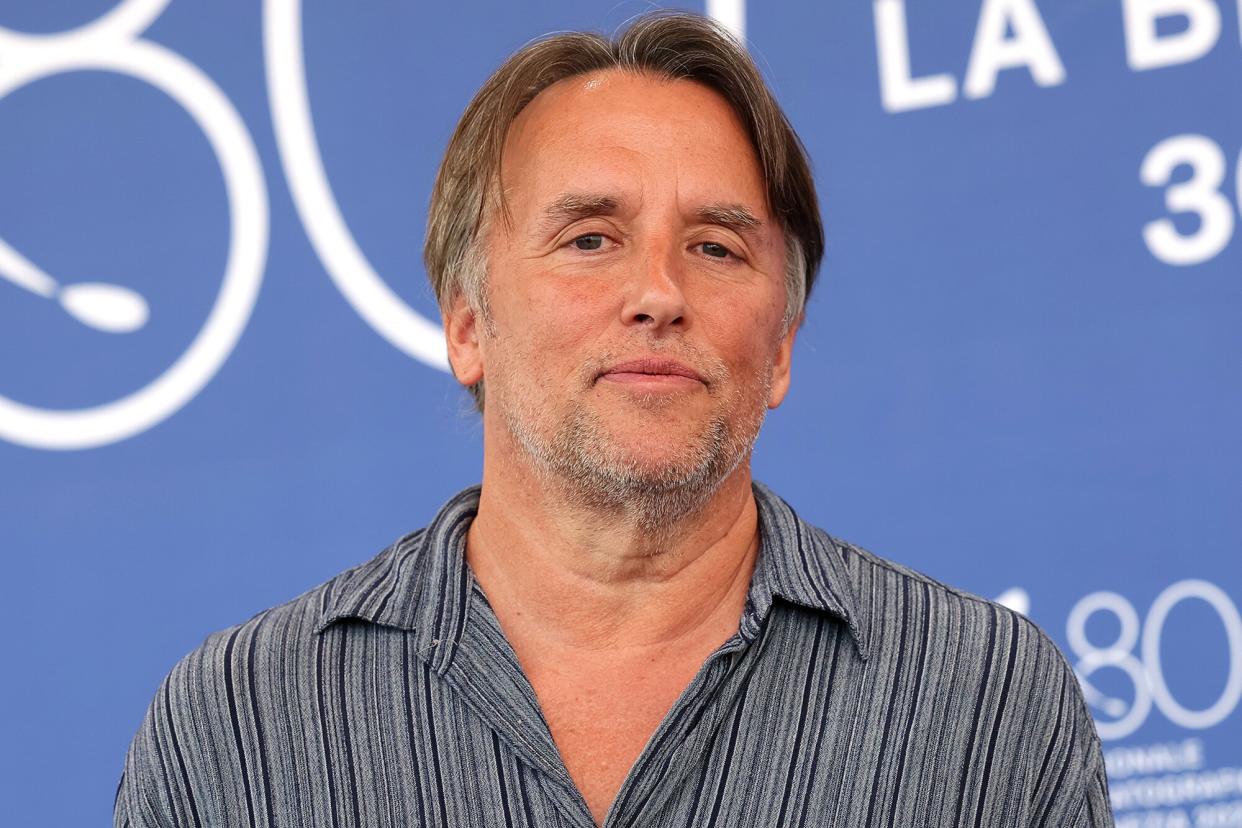Richard Linklater says 'tech people' taking over Hollywood hurt the 'cultural relevance' of indie cinema

- Oops!Something went wrong.Please try again later.
- Oops!Something went wrong.Please try again later.
Richard Linklater, about to release his 23rd feature film, is among the most iconoclastic American indie directors of the 1990s. Movies like Slacker and Dazed and Confused are emblematic of the kind of low-budget independent features that were able to break through and leave a lasting cultural impact.
But Linklater now believes that era is "gone with the wind — or gone with the algorithm," he told The Hollywood Reporter while promoting his new film Hit Man.
"On the one hand, selfishly, you think, 'I guess I was born at the right time. I was able to participate in what always feels like the last good era for filmmaking,'" he said. "But, man, the way distribution has fallen off. Sadly, it's mostly just the audience. Is there a new generation that really values cinema anymore? That's the dark thought."

Victor Boyko/Getty Images Richard Linklater
While he's helmed larger, more mainstream projects like School of Rock, Bad News Bears, and Where'd You Go Bernadette?, the Waking Life director has continued to make films like Boyhood or the Before trilogy that carry the spirit of his early work. Yet he also acknowledges that such films don't carry the same relevance they once did.
Linklater said it's not in his nature to make "huge statements about whether it's all over," but noted that the cinematic (and economic) landscape has shifted. "With a changing culture and changing technology, it's hard to see cinema slipping back into the prominence it once held. I think we could feel it coming on when they started calling films 'content' — but that's what happens when you let tech people take over your industry," he said. "It's hard to imagine indie cinema in particular having the cultural relevance that it did. It's hard to imagine the whole culture is going to be on the same page about anything, much less filmmaking. We can be self-absorbed and say it's just about cinema, but it's really all of our modern cultural life."
The director lamented the feeling that we've given up our lives to technologies that remove the need for "curating and filling ourselves up with meaning from art," saying that need has been replaced by "advanced delivery systems for advertising."
It may feel like a bleak stance for lovers of the types of films Linklater holds dear. Still, he doesn't want to live as though the "best days" have already passed. "In your own area, you just have to persist and do what you can on behalf of the things that you believe in," he said. "You have to believe that everything can change and that things can go back to being a little better. Isn't that what we all want for everything these days, from democracy on down?"
Sign up for Entertainment Weekly's free daily newsletter to get breaking TV news, exclusive first looks, recaps, reviews, interviews with your favorite stars, and more.
Related content

